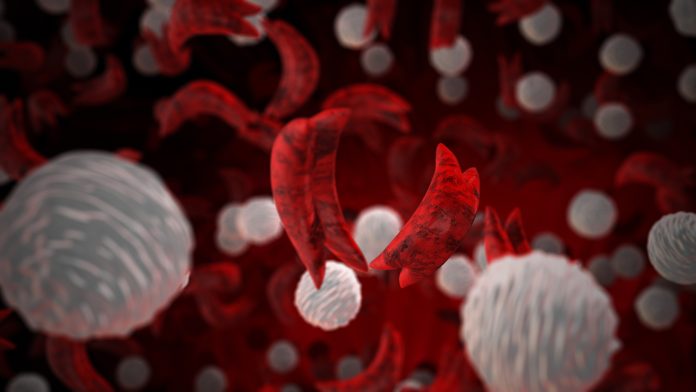A new gene editing treatment has been approved for use in the NHS, which will help treat sickle cell disease patients
This new treatment, known as exagamglogene autotemcel (exa-cel), or simply exa-cel, will change how this chronic and painful blood disorder is managed.
Helping patients who suffer from sickle cell disease
The one-time gene therapy is now available to older children and adults with severe forms of sickle cell disease, giving them the chance to live life without constantly having to think about their condition.
Sickle cell disease is an inherited blood disorder that causes red blood cells to become misshapen, causing a blockage in the blood vessels.
This can lead to severe pain, organ damage, and a reduced life expectancy. Usually, treatments for the disease have been lifelong, involving regular blood transfusions and pain management. The condition often forces people to spend significant time in hospital, with sickle cell problems, episodes where blood flow is blocked, frequently requiring emergency care.
Sickle cell treatment
Exa-cel uses CRISPR, the Nobel Prize-winning gene-editing technology, to change a patient’s bone marrow stem cells.
These stem cells are modified in the lab to produce healthy red blood cells, which can function normally, helping the painful blockages that cause crises. Once the stem cells are edited, they are infused back into the patient’s body, offering a one-time solution that could eliminate the need for regular treatments like transfusions.
Clinical trials have shown that exa-cel offers significant benefits, with nearly 97% of patients experiencing a functional cure. The majority of participants were free from sickle cell crises and avoided hospitalisation for up to 3.5 years after receiving the therapy.
Many patients with sickle cell disease are often burdened by the need to visit hospitals and receive medical interventions constantly.
The approval of exa-cel brings the possibility of a future where these patients no longer need to worry about these painful episodes or their long-term health consequences. For eligible people, particularly those who do not have a suitable bone marrow donor for a traditional stem cell transplant, exa-cel presents a game-changing opportunity.
Treatment available on the NHS
The treatment will be available to patients aged 12 and older who suffer from recurrent sickle cell crises and are suitable candidates for a stem cell transplant. However, only those without a matched donor for a transplant will be eligible for exa-cel. In England, around 15,000 people are currently living with sickle cell disease, and approximately 250 new cases are diagnosed each year. This means that the number of patients who will benefit from exa-cel is relatively small, but the impact on their lives will be profound.
Although exa-cel is expected to cost £1.65 million, the NHS has secured a deal to provide the treatment at a reduced price, making it accessible to eligible patients.
This is part of a wider plan by the NHS to introduce cutting-edge therapies while managing healthcare costs. The therapy is expected to be available at specialist centres in London, Manchester, and Birmingham, with around 50 patients likely to receive the treatment annually.
The approval of exa-cel is a significant step in the treatment of sickle cell disease, not just in terms of medical innovation, but also in addressing healthcare inequalities. Sickle cell disease disproportionately affects people from Black African and Black Caribbean communities, and this new therapy could help close the gap in access to life-changing treatments.








